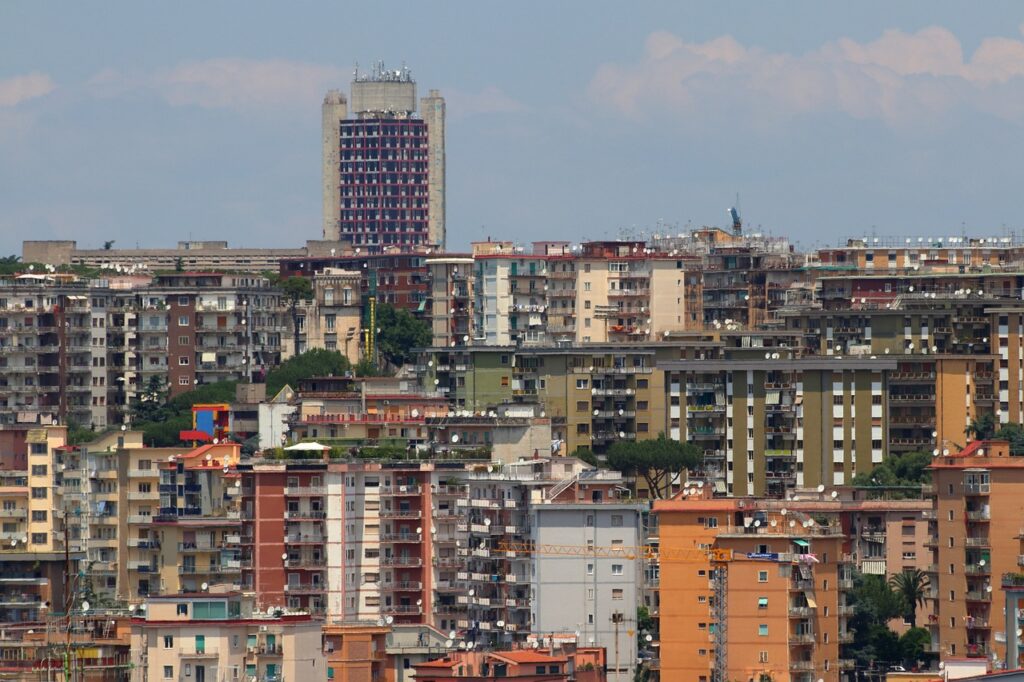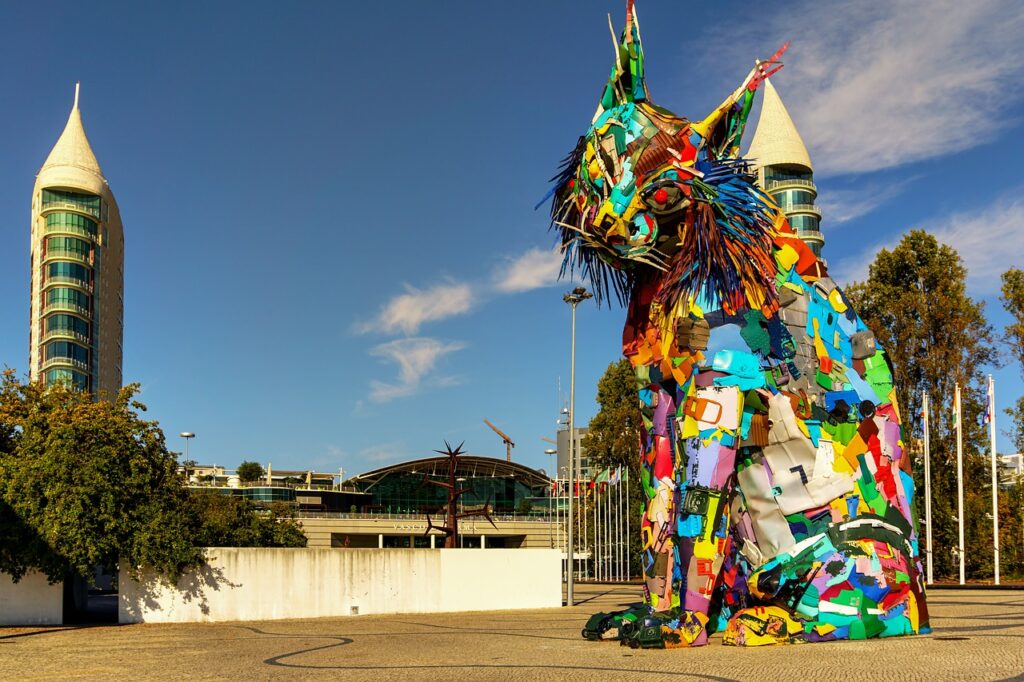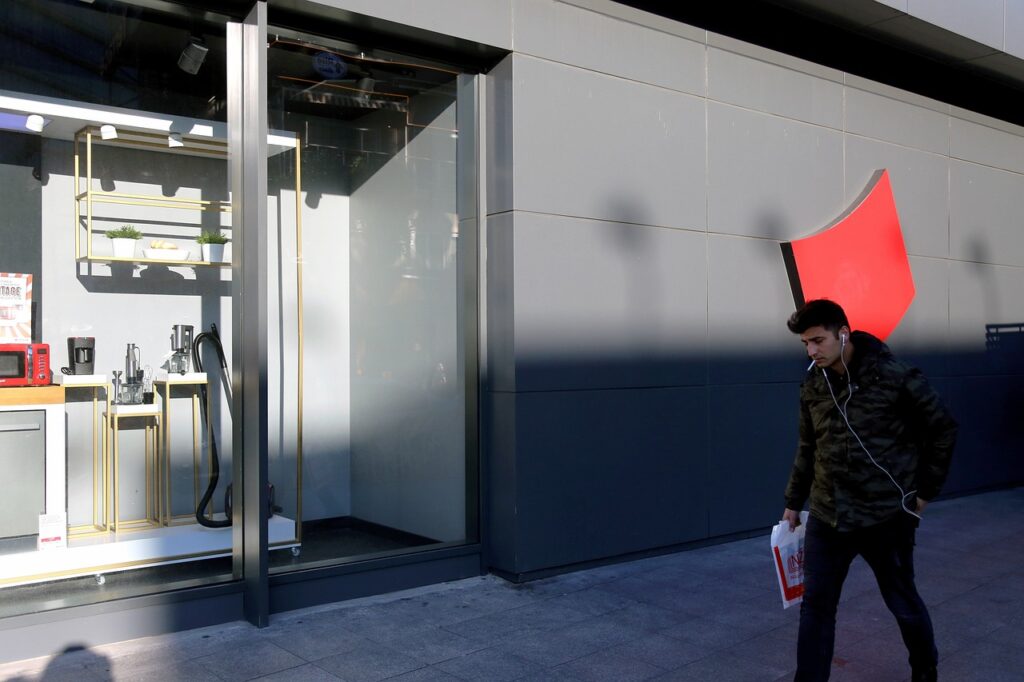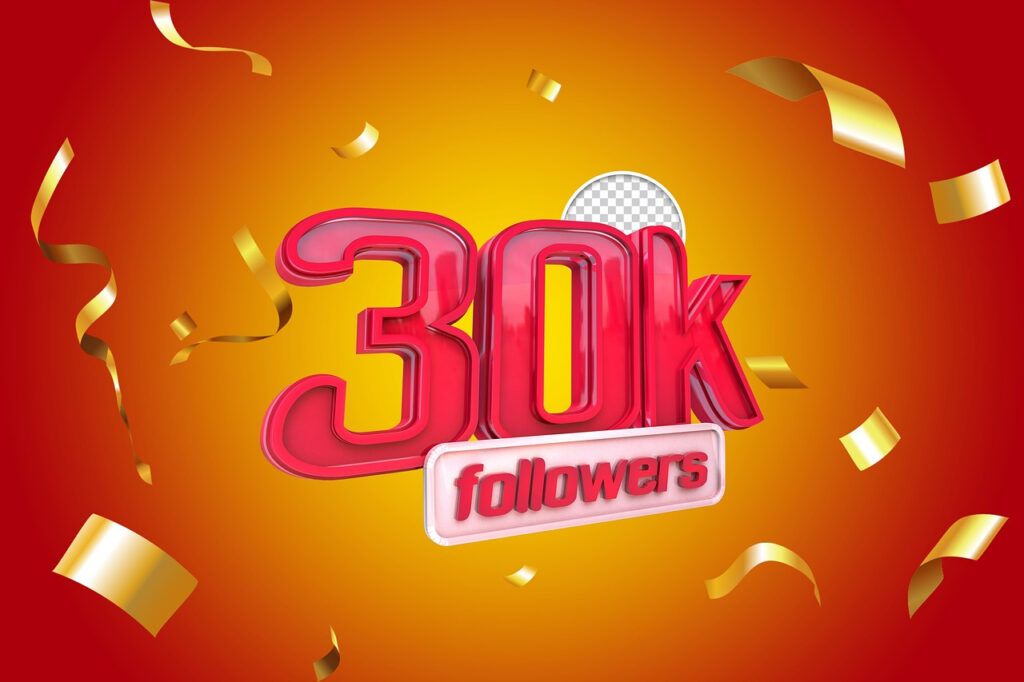Bienvenue sur le blog d'entreprise
Alhubeco.com
Actualités de l’entreprise

Maximiser votre voyage d’affaires à Bruges : top activités et lieux à découvrir
Un voyage unique au cœur de Bruges, la merveille étincelante de la BelgiqueBruges, la charmante

Voyages d’affaires à Naples : opportunités de networking et lieux d’intérêt
Nichée dans le cœur vibrant du Sud de l'Italie, Naples est une ville riche en

Top 5 des activités entrepreneuriales à explorer à Lisbonne
Brève présentation de LisbonneLisbonne est plus qu'une simple capitale ; c'est littéralement le cœur culturel,

Miser sur Rouen : pourquoi choisir cette ville pour démarrer votre entreprise
La ville de Rouen dans le nord-ouest de la France a une riche et longue

Sauver votre entreprise de la faillite : l’art du calcul du point mort
Dans le monde des affaires, la faillite est une menace constante. Pour les non-initiés, c'est

La dynamique des parties prenantes : un facteur essentiel pour le succès de votre entreprise
Présentation du thèmeDans le monde des affaires, le terme "partie prenante" fait référence à tout
Analyses de marché

Miser sur Rouen : pourquoi choisir cette ville pour démarrer votre entreprise
La ville de Rouen dans le nord-ouest de la France a une riche et longue

La dynamique des parties prenantes : un facteur essentiel pour le succès de votre entreprise
Présentation du thèmeDans le monde des affaires, le terme "partie prenante" fait référence à tout

Déchiffrer les chiffres : comment calculer la valeur ajoutée de votre entreprise ?
Qu'est-ce qu'une valeur ajoutée ?La valeur ajoutée est une mesure économique qui représente la contribution

5 astuces efficaces pour déterminer l’emplacement stratégique de votre entreprise
En cette ère numérique où les processus commerciaux et les stratégies marketing sont en constante
Conseils et astuces

Top 5 des activités entrepreneuriales à explorer à Lisbonne
Brève présentation de LisbonneLisbonne est plus qu'une simple capitale ; c'est littéralement le cœur culturel,

Comment les entreprises trouvent-elles leurs fonds ? Points essentiels du financement
La question du financement est un aspect fondamental lorsqu'il s'agit de lancer une entreprise ou

Guide étape par étape pour trouver les fournisseurs fiables d’une entreprise
Pourquoi trouver des fournisseurs fiables est crucial pour votre entreprise ?Dans le monde des affaires,

Qu’est-ce que l’a/b testing, pourquoi et comment l’utiliser ?
Qu'est-ce que l'A/B testing ? L'A/B testing est une méthode de test qui permet de comparer
Stratégies de marketing

Sauver votre entreprise de la faillite : l’art du calcul du point mort
Dans le monde des affaires, la faillite est une menace constante. Pour les non-initiés, c'est

Comment attirer plus de clients ? Les clés pour promouvoir efficacement son entreprise
Dans cet environnement compétitif, la promotion de votre entreprise est plus essentielle que jamais. Il

Quelles sont les différences entre un email marketing et une newsletter ?
L'email marketing et la newsletter sont des outils de communication similaires mais il existe des

Comment faire une presentation powerpoint d’un projet ?
Quels éléments doivent être inclus dans une présentation PowerPoint d'un projet ? Lors de la préparation

Quelle stratégie pour augmenter le nombre d’instagram followers ?
Il est possible d'augmenter le nombre d’Instagram followers à travers une stratégie bien définie. La

Les avantages de collaborer avec un micro influenceur pour votre entreprise ?
Quels sont les avantages pour une entreprise de collaborer avec un micro-influenceur ? Les entreprises peuvent
TENDANCES DE L’INDUSTRIE

Maximiser votre voyage d’affaires à Bruges : top activités et lieux à découvrir
Un voyage unique au cœur de Bruges, la merveille étincelante de la BelgiqueBruges, la charmante

Voyages d’affaires à Naples : opportunités de networking et lieux d’intérêt
Nichée dans le cœur vibrant du Sud de l'Italie, Naples est une ville riche en

Comment rédiger une lettre de démission cdi sans préavis ?
Quels sont les principaux éléments à inclure dans une lettre de démission ? Une lettre de
